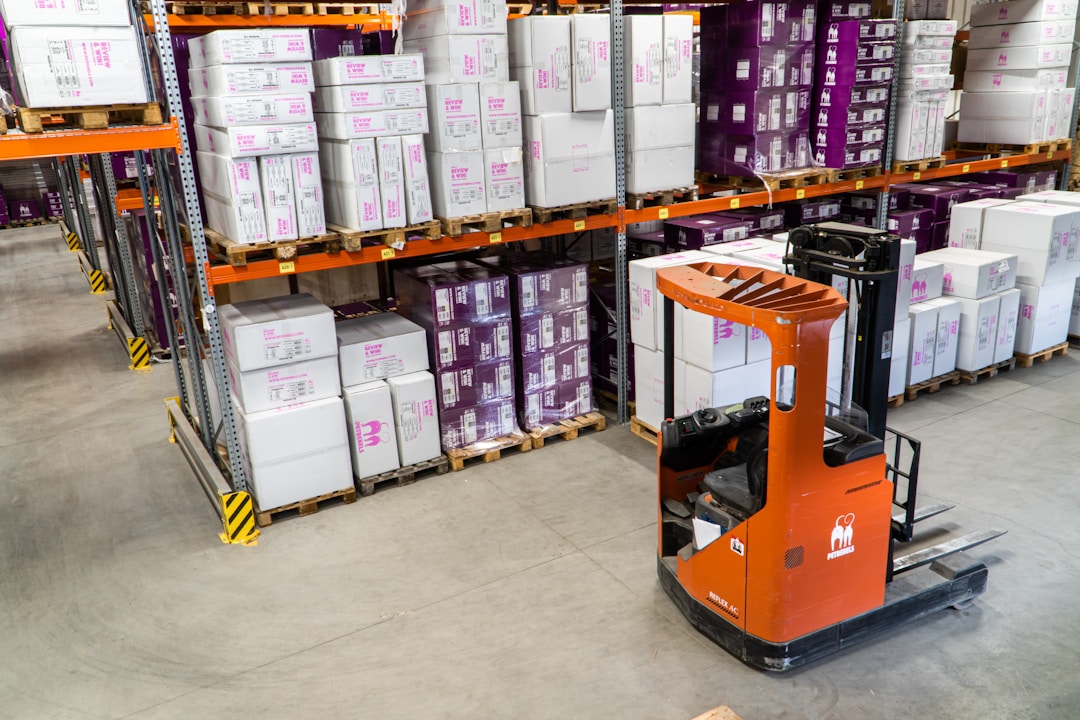How To Identify the Right Industrial Equipment for Your Needs
Identifying the right industrial equipment is critical to any company’s success in manufacturing, production, or processing operations. The decision can impact productivity, efficiency, and the bottom line. It requires careful consideration of your company’s current needs, future growth, and the technology that can best meet those demands. Companies like Genemco offer quality used equipment and can be a great resource for companies looking for specific machinery. Remember, the right choice leads to streamlined workflows and enhanced performance. Keep reading to learn how to navigate through the complexities of industrial equipment selection.
Understanding Your Industrial Needs and Objectives

The initial step in selecting industrial equipment is a thorough understanding of your specific needs. Consider the nature of your operations, the materials you will process, and the volume of production.
Future objectives must also be factored into your decision-making process. How do you envision your business to grow in the next five to ten years? Certain equipment might be more adaptable and capable of scaling up as your operations expand. This foresight can make a significant difference, preventing the need for early replacement or unnecessary upgrades.
Another aspect is how the equipment can integrate with your existing workflow. Check for compatibility with other machines and systems currently in use. It’s often overlooked, but ensuring seamless integration can save time and resources on additional modifications or staff training.
Beware of over-specifying or under-specifying the functions and capabilities of the new equipment. The former could lead to unnecessary expenditure, while the latter might mean the equipment falls short of operational requirements, hindering productivity.
Evaluating Industrial Equipment Specifications and Performance
Detailed assessment of industrial equipment specifications cannot be understated. Performance factors such as speed, capacity, and output quality have direct implications for operational efficiency. However, these need to be weighed against the specific conditions under which the equipment will operate. For instance, certain machines may perform exceptionally under certain temperatures or pressures.
Energy consumption and footprint are also criteria that could affect long-term costs and sustainability goals. A piece of equipment might be less expensive but could consume more energy, impacting operational costs and environmental commitments. Analyzing life-cycle cost analyses where available can provide a clearer picture of long-term investments.
It’s important to look at the upkeep of the equipment. What is the projected durability, and what are the maintenance requirements? Regular downtime for maintenance can result in lost productivity, so equipment with a reputation for reliability and easier, less frequent maintenance may be preferred.
The Role of Budget and Cost-Efficiency in Equipment Selection

Business budget and the cost of equipment are often decisive factors in selecting industrial equipment. While the initial purchase price is important, you need to consider the total cost of ownership, including maintenance, parts, and potential downtime. Inexpensive equipment might save money upfront, but costs can escalate if it’s less efficient or requires frequent repairs.
Finding a balance between quality and affordability is key. Equipment financing options or purchasing gently used or refurbished equipment from a reputable dealer like Genemco can help mitigate budget constraints without compromising on quality.
Consideration must also be given to the cost-saving features that some equipment offers. Technologies that promote energy efficiency or waste reduction not only lower operating costs but also provide environmental benefits. Rebates and incentives for using such technologies can further alleviate fiscal pressures.
Navigating Brands and Manufacturers for Quality Assurance
In the massive industrial equipment marketplace, the reputation of brands and manufacturers cannot be ignored. Established brands generally offer reliability and quality assurance, partly because they have a reputation to maintain. They may also provide better warranties and customer service, an aspect that’s crucial for equipment longevity and effectiveness.
It’s advantageous to perform due diligence on manufacturers, including checking their history, market presence, and customer reviews. This can reveal patterns of performance and reliability—or lack thereof—that could influence your decision.
Certifications and awards from recognized industry or quality assurance organizations provide an additional layer of confidence in a manufacturer’s commitment to excellence and can serve as a differentiating factor when making your final decision.
Overall, identifying the right industrial equipment is a multi-faceted process that involves careful consideration of your needs, the specifications and cost-efficiency of the equipment, and the credibility of the manufacturer. Taking a thoughtful and comprehensive approach to equipment selection will help ensure you invest wisely, bolster productivity, and maintain a competitive edge in your industry.







